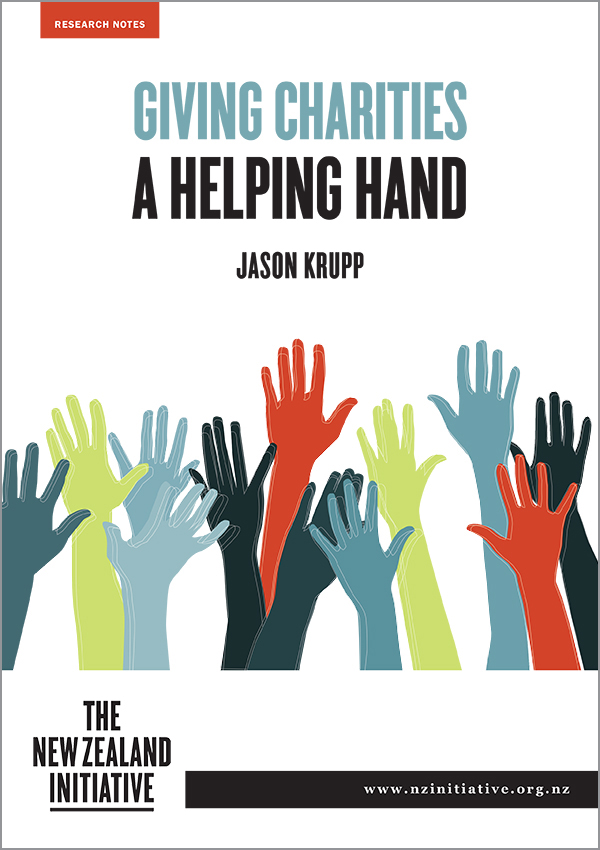Charities play an important role in our society, delivering a range of social services to numerous communities and causes. Their good work is recognised by the government, which confers a range of privileges to them, such as an income tax exemption, and the state also provides a significant portion of the sector’s funding.
These are significant privileges, which is why it is important that only groups with a genuine charitable purpose be entitled to receive them.
Yet as Giving Charities a Helping Hand argues, the regulations governing the sector have set the test of charitable purpose so high that many small groups cannot attain, or struggle to maintain, registered charity status. At the same time, commercial firms owned by charities are allowed to retain profits without paying tax on these funds.
Indeed, there is little oversight over how these funds are used, and the current regulations create the potential for unfair completion in the market.



